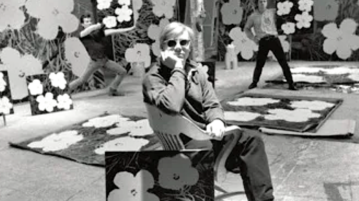
‘Everybody Was Somebody There’
WE TEND TO FORGET that Andy Warhol was a writer, sort of. During his lifetime, he published several books, notably a: A Novel (1968), The Philosophy of Andy Warhol (From A…More

WE TEND TO FORGET that Andy Warhol was a writer, sort of. During his lifetime, he published several books, notably a: A Novel (1968), The Philosophy of Andy Warhol (From A…More
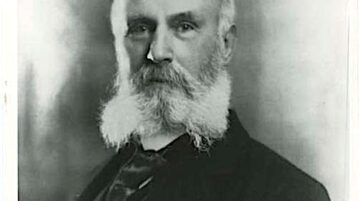
In 1871, prominent Boston surgeon Henry Bigelow built a summer home on the west end of Tuckernuck Island, a home he called “Tuckanuck” (spelling the name of the cottage the way the locals pronounced the name of the island itself). The building was rustic and isolated, without indoor plumbing or gaslight, but sea breezes provided a welcome break from Boston’s stifling summer heat. The home was eventually inherited by Henry’s only child, William Sturgis Bigelow, who set about turning it into a summer retreat for a very different sort of family.
More
In keeping with this mission, The Pagoda is just such a work. The book is a well-researched account of a women’s land community that flourished near St. Augustine, Florida, for 22 years. Surprisingly, information about The Pagoda rarely appears in academic literature about women’s communities, and many contemporary lesbian scholars haven’t heard of it. This circumstance is due in part to the intentional secrecy of the community itself.
More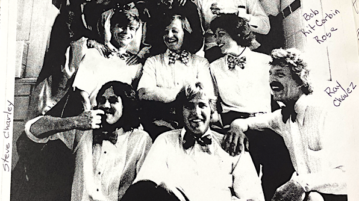
In 1973, a major change took place in the lives of LGBT+ San Antonians with the opening of SA Country. … The bar was raided almost immediately.
More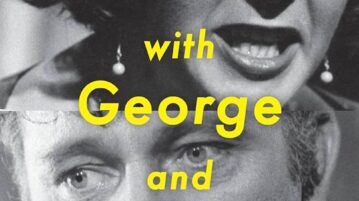
COCKTAILS with George and Martha is a cultural history that captures the moment when Broadway drama received a jolt from the Theater of the Absurd. Edward Albee’s Who’s Afraid of Virginia Woolf, which opened on Broadway in October 1962, jumps off from the Bohemian precincts of New York City—especially Greenwich Village and Off-Broadway, where Albee’s first one-act play, The Zoo Story, had its American premiere at the Provincetown Playhouse after an unlikely world premiere in Berlin.
More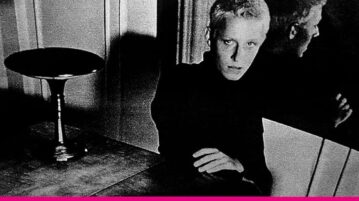
Guy Trebay captures the essential things about the sexual playground that was Manhattan during the transition from Doom to Glitter.
More
That LGBT people in film are disproportionately represented as killers or as killed (or both) is not breaking news. … Here my focus—and grievance—is with Oscar-winning films and roles after 1985 in which LGBT people perish or come to a bad end.
More
The Hollywood star, the museum exhibit, and the book are huge honors for John Waters. It’s been a long, strange trip to mainstream acceptance for Waters, an auteur who specializes in what he calls “art-exploitation” films and who was dubbed the “Pope of Trash” by William S. Burroughs in 1986.
MoreIN THE LATE 1980s, getting a motion picture made about LGBT people that didn’t cast them as villains, psychos, or freaks was a momentous challenge. A mainstream feature film…More

The loneliness in All of Us Strangers is established at the start. The high-rise in which Adam lives seems to have no other residents but him.
More